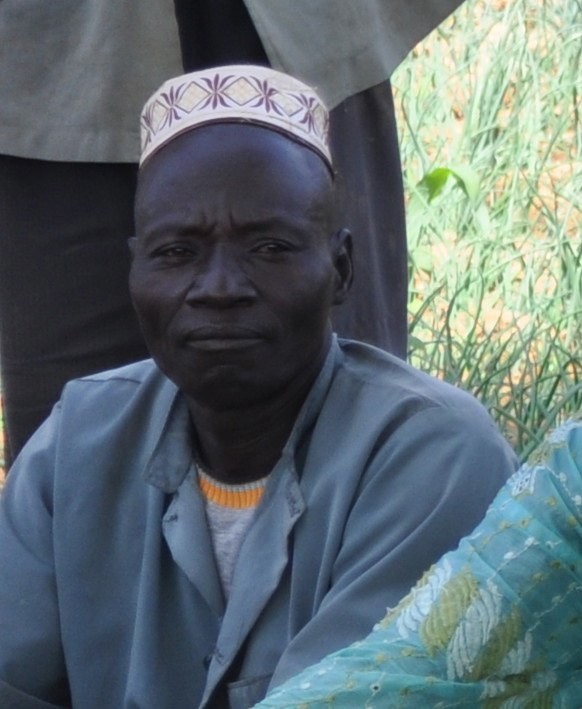
Across the Sahel, periodic droughts have increased with distressing frequency. In 2012, millions throughout the Sahel—including parts of Burkina Faso—experienced food insecurity after poor harvests in 2011 that were exacerbated by conflict and insecurity that spilled out of Mali and into neighboring countries.
Despite these challenges, communities in Burkina Faso that previously received assistance from USAID are thriving. In the village of Rassomdé, farmers continue to produce yields three times greater than before USAID’s assistance and in spite of the 2012 food crisis.
USAID began addressing food insecurity in Rassomdé in 1999, with partner Africare implementing two successive, five-year development food assistance programs. At the time, community members already farmed land near the local reservoir, but the plots were small and not very productive. Africare convinced landowners to reserve 30 hectares for young adults and vulnerable women in the community to work. The hectares were divided into 120 plots of 0.25 hectare each, with one household identified to rehabilitate each of the new plots by the community’s Food Security Committee.
Instead of digging traditional, impermanent trenches, community members built 400 meters of cement irrigation canals through a Food for Work activity. Over time they dug additional smaller irrigation canals. With four motor pumps for the canals purchased by Africare at a government-subsidized price, farmers increased crop production after only their first harvest.
Food for Work also helped build roads, allowing the farmers to more easily meet with buyers and eliminating the need for intermediaries. Soon, regional buyers from Cote D’Ivoire, Togo and Ghana who had been purchasing from nearby markets sought out Rassomdé’s sesame, cowpeas, tomatoes and onions. A value chain was started.
Today, three years after USAID’s departure, producers can pay their expenses and still earn a net income of $617 per household from vegetable gardening in the off-season. During the regular harvest season, they grow enough rice to fill as much as seven 100-kilogram sacks, and enough corn to fill five 100-kilogram sacks -- all to use for household consumption.
One farmer, Amadé Ouadrago, 50, said, “Prior to the [USAID] program, I was only able to provide my two wives and 11 children six months’ worth of food throughout the year. Now I can provide 12 months of food. And we are eating better, because we have more foods available to us.”
Ouadrago said the key to farmers' success has been a combination of improved seeds, irrigation and soil fertility enhancing techniques that have improved the productivity of the land. Even though last year was a bad year for crops throughout Burkina Faso and the entire Sahel, his redeveloped land produced. It kept his family fed. His other household plot that was not part of the USAID program failed.
With the extra income generated from the small plots, farmers like Ouadrago are purchasing wheelbarrows, motorcycles, livestock and bicycles; paying school fees and medical bills; and giving their children food to take to school. This latter point is noteworthy; no school-age children work in the fields any more, as all are enrolled in school. Before USAID and Africare’s intervention, few children went to school.
The program also brought with it access to credit, which has provided families with the means to invest in improved agriculture and livestock techniques. Prior to the program, there were no options to access credit. Africare facilitated a relationship between the villagers and a microfinance institution, resulting in more than $1.2 million distributed to women, with a repayment rate of 98 percent two years after the project closeout. Some of the producers have built up enough savings to cover their own production costs and are no longer dependent on loans.
"The continued progress in Rassomdé, despite last year’s food crisis, is an inspiring example of how USAID and its partners have been building the resilience of communities across the Sahel," said Dina Esposito, director of USAID's Office of Food for Peace.







Comment
Make a general inquiry or suggest an improvement.